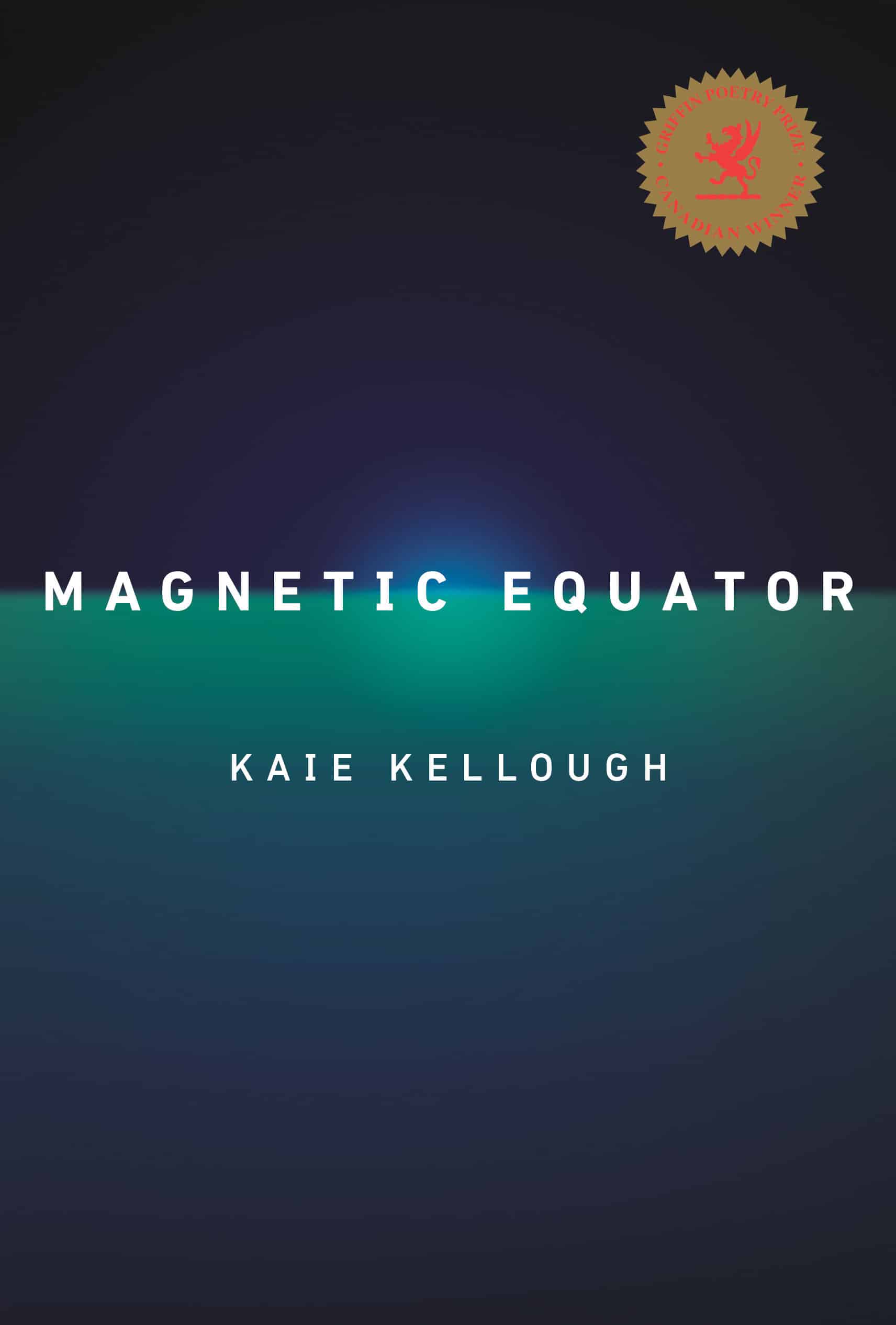Description
An original, inventive–and visually stunning–exploration of place, identity, language, and experience from the acclaimed poet, novelist, and sound performer.GRIFFIN POETRY PRIZE WINNERQWF A.M. KLEIN PRIZE FOR POETRY FINALISTThe poems in Kaie Kellough’s third collection drift between South and North America. They seek their ancestry in Georgetown, Guyana, in the Amazon Rainforest, and in the Atlantic Ocean. They haunt the Canadian Prairie. They recall the 1980s in the suburbs of Calgary, and they reflect on the snowed-in, bricked-in boroughs of post-referendum Montréal. They puzzle their language together from the natural world and from the works of Caribbean and Canadian writers. They reassemble passages about seed catalogues, about origins, about finding a way in the world, about black ships sailing across to land. They struggle to explain a state of being hemisphered, of being present here while carrying a heartbeat from elsewhere, and they map the distances travelled.
Additional information
| Weight | 0.16 kg |
|---|---|
| Dimensions | 0.82 × 14.69 × 21.59 cm |
| PubliCanadation City/Country | Canada |
| Author(s) | |
| Format | |
| language1 | |
| Pages | 112 |
| Publisher | |
| Year Published | 2019-3-26 |
| Imprint | |
| ISBN 10 | 0771043112 |
| About The Author | KAIE KELLOUGH is a novelist, poet, and sound performer. He is the author of the novels Dominoes at the Crossroads and Accordéon, which was a finalist for the Amazon.ca First Novel Award, two books of poetry, Lettricity and Maple Leaf Rag, and two albums, Vox:Versus and Creole Continuum. He was born in Vancouver, British Columbia, raised in Calgary, Alberta, and in 1998 moved to Montreal, Quebec where he now lives. He has performed and published internationally. |
“Speaking to Caribbean and hemispheric migrations, the poems in Magnetic Equator recall trouble, hybridity, steep falls, continuance, and elaboration. Taking on influence, place, and racialized diasporic experience as it draws language into geographic drifts and historic collisions, these are voicings that cascade and collect ‘an accent adrift in its second language / over a b-side version of empire’. Singing of exile and scattering, the text negotiates survival and revolt as it moves with the surety and complexity of improvisation and collaboration. Sonic, visual, and intertextual, Kaie Kellough traces source and accumulation: ‘our crossings of past, we depart / opposite, along the sentence that encircles the world’.” –Griffin Poetry Prize Jury Citation“Magnetic Equator joins the tidalectics tradition of Brathwaite. This is a poetry of place, albeit a fluid place of in-betweenity, of migration and hybridity, ethnic, geographic, historical, temporal, and chronological. This is essential work doing the necessary heavy-lifting that poetry is intended to do.” –M. NourbeSe Philip“A masterpiece. Deep isolation envelops these pieces in their tireless travels from the rainforests of Guyana to the prairies of Western Canada, the beaches of Vancouver to the snowy streets of Montreal. Kellough’s search is a river that carries us from place to place with a current of self-assurance, and in his deconstructions of language, history, and identity, he creates a sweeping epic in Magnetic Equator that is stunning in its scope.” –Montreal Review of Books“Magnetic Equator brims with influence and relation, sparking dialogue with books such as Omeros by Derek Walcott and A Map to the Door of No Return by Dionne Brand, both acknowledged influences. Ultimately, Kellough engages with the larger historical experience of diaspora writers and exiles, among whom identity’s hyphen is a 'divining rod'. Magnetic Equator informs as it enchants with its rare combination of documentary poetics and confessional voice.” –Quill & Quire“[T]he self-portrait of an increasingly strong poet as tidalectic sound artist. The book's first section, 'Kaieteur Falls,' is a chaotic puzzle of cacophonic typographies, a codex of portmanteau words that echoes throughout the book in tides of sonic echoes with the linguistic force of a tsunami. Magnetic Equator's strength is in how Kellough’s concern for his fellow humans transcends the book's lyric/confessional genesis, and in how his more inventive poetics perform the sonic space of public life, while honouring the dead and welcoming the tidal flux of the living.” –Arc Poetry Magazine |
|
| Excerpt From Book | an abandoned radio's static roars against the oceanwalking the seawallthought and noise converge in a needleshivering between stationshaving traversed air, am i noise or am i hereFrom "exploding radio" |
Only logged in customers who have purchased this product may leave a review.






Reviews
There are no reviews yet.